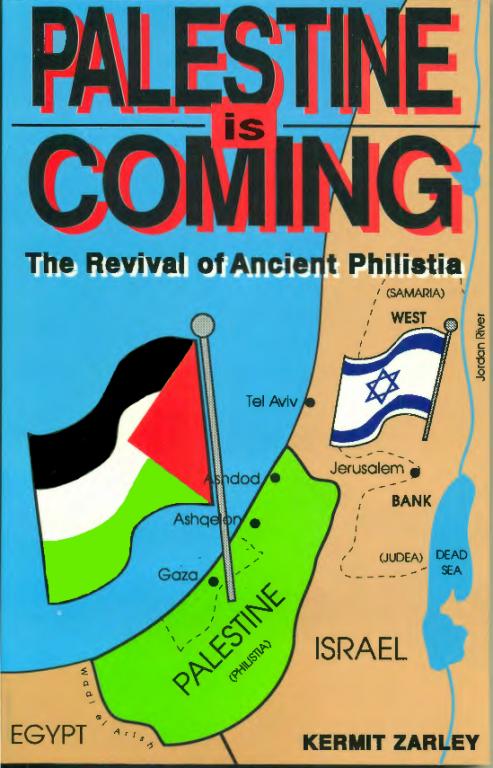 Dr. Marc Lamont Hill is a professor of Media Studies and Urban Education at Temple University in Philadelphia, Pennsylvania. He also hosts the online HuffPost Live. Plus, he is a regular commentator on CNN. Hill is a smart, handsome, African-American. I like to listen to him.
Dr. Marc Lamont Hill is a professor of Media Studies and Urban Education at Temple University in Philadelphia, Pennsylvania. He also hosts the online HuffPost Live. Plus, he is a regular commentator on CNN. Hill is a smart, handsome, African-American. I like to listen to him.
Two days ago, the United Nations held a one-day conference at New York City entitled International Day of Solidarity with the Palestinian People, which speaks for itself. Marc Lamont Hill was one of the speakers. Yesterday, CNN fired him for remarks he made in his speech that day. They included his calling for “action that will give us what justice requires and that is a free Palestine from the river to the sea.”
That language is unclear to me. Some could understand it to mean that Hill advocates for a single state covering present Israeli territory, the West Bank, and the Gaza Strip, resulting in a Palestinian majority which would do away with Israel as a Jewish state. I’m certainly against that. It depends on how Hill defines “Palestine.” The Anti-Defamation League soon characterized Hill’s phrase, “from the river to the sea,” as code used by Hamas for the destruction of Israel.
Hill then defended his remarks by saying, “I support Palestinian freedom. I support Palestinian self-determination. I am deeply critical of Israeli policy and practice. I do not support anti-Semitism, killing Jewish people, or any of the other things attributed to my speech. I have spent my life fighting these things.” He also rightly added that the “river to the sea” phrase dates to the early 20th century and “has never been the exclusive province of a particular ideological camp” and that “the idea that this is a Hamas phrase is simply untrue.”
 Anyone who has read my book, Palestine Is Coming: The Revival of Ancient Philistia (1990), or read some of my many posts on the Israeli-Palestinian conflict, knows that I agree with some of what Hill here expresses. I would add that I also support the existence of the State of Israel.
Anyone who has read my book, Palestine Is Coming: The Revival of Ancient Philistia (1990), or read some of my many posts on the Israeli-Palestinian conflict, knows that I agree with some of what Hill here expresses. I would add that I also support the existence of the State of Israel.
Thus, I am for a two state solution to this conflict. But I think the traditional two-state solution–a Palestinian state in a Swiss-cheese West Bank and Gaza Strip–is wrongheaded and will not succeed. I propose in my book that the problem should be solved by a transfer of peoples to two geographical entities that correspond to antiquity in which Israel does a land swap, annexes the West Bank, and the Palestinian state becomes a very expanded Gaza Strip.
Hill’s remark about “river to sea” refers to the Jordan River and Mediterranean Sea. There is a strong misconception held by most people, especially Jews, about the history of the possession of this territory during antiquity. Jews think all of it is their ancestral land, and they are quite wrong about that. Hamas identifies all of this territory as “Palestine,” and they call for a Palestinian state being created in all of “Palestine.” But the word Palestine has a history of use in which it has not always been applied to the same territory. Plus, the word Palestine derives from Philistia, which refers to the nation of antiquity which was ancient Israel’s arch rival. Philistia was the nation of the ancient Philistines who are mentioned in the Old Testament over 200 times.
I show in my book that Israel of antiquity never really possessed most of the coastal plain south of present Tel Aviv because it belonged to the Philistines. To solve the Israeli-Palestinian conflict, I think it should be done by returning to that scenario. Moreover, I believe several endtimes prophecies in the Jewish Bible (Old Testament) indicate that this is indeed what will happen, starting with Isaiah 11.14. People need to engage these biblical texts by discussing what they mean.











